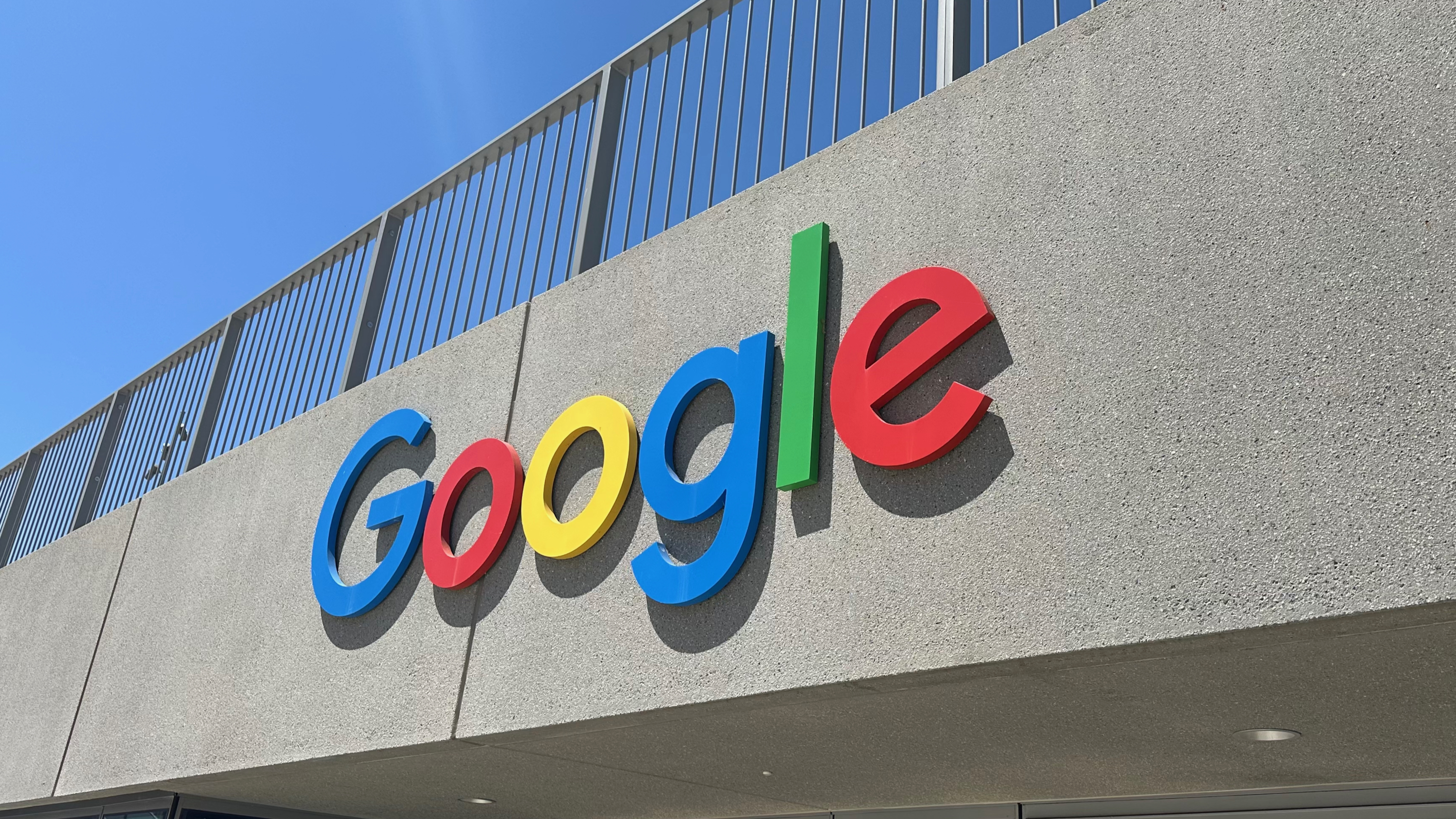When it comes to Canada's Online News Act, Google wins even when it's losing
This is pocket change to Google.

The Canadian Radio-television and Telecommunications Commission (CRTC) has granted Google a five-year exemption through the country's Online News Act. Google has agreed to pay CAD 100 million yearly to the Canadian Journalism Collective (CJC), a federally incorporated nonprofit organization created to distribute funds allocated under the Online News Act. The CRTC also stipulated that additional news outlets be allowed to join CJC to qualify for funds.
If you're not a Canadian let me help this make some more sense. Canada passed the Online News Act to force companies like Google or Meta—which use small portions of news articles in search results—to negotiate a fair price for the use of these snippets. The CRTC has decided that Google will pay CAD 100 million per year to the CJC which will then disperse funds to news organizations affected by Google's use.
It seems that being plagued by bureaucracy is not exclusive to the U.S.
I'm not a fan of laws like Canada's Online News Act. I can tell you from experience that becoming featured by a company like Google is 100% a net positive, even if the company used a small portion of your text in a snippet or AI summary. In my opinion, as long as Google links back to the source (it does) anyone interested in reading more than a headline will follow through to the original source.
Regardless of how I feel about these types of laws, it is the law in Canada, and companies like Google, Apple, and Meta who aggregate and disseminate news summaries are bound by it. Other countries have similar laws.
I'll also assume that these laws are in place because government bodies like the CRTC believe they serve the interests of the citizens they are charged with serving. Forget about partisanship or left versus right for a moment; federal agencies are supposed to look out for our best interests regardless of where we live.

Then there is the reality. Laws like Canada's Online News Act are designed to prop up an industry that's currently struggling by having companies that are struggling less provide funding. If part of the reason for the decline is that Google and Meta are "stealing" the synopsis of an article for their aggregation feed, that's fine. Google and Meta should compensate news organizations that provide the content from which they make a huge profit. My opinion that one could leverage being featured by Google or Meta in a lucrative way doesn't matter because I am not a government official.
Be an expert in 5 minutes
Get the latest news from Android Central, your trusted companion in the world of Android
It's the CRTC's job to assist news organizations, too. A news outlet is not a citizen, but there should be a government agency that ensures things are done fairly by both sides. The Canadian government has a responsibility not to let Canadian news organizations die. And no, that's not socialism; a government serving the interests of business is the opposite, so save your comment.
I ask you then, was CAD 100 million enough? Is that number going to keep Canada's news industry alive in times when Google and other tech companies "steal" their content for financial gain? To Google, 100 million Canadian dollars is a laughable amount. Google "earns" that much without even trying.
This is why I dislike these types of laws. Google should be forced to allow companies to opt out of its search and news services until it has reached an agreement with each individual organization. A smaller company may only be "worth" paying $200,000 a year to use its content, while a large company like the NYT or Washington Post can negotiate for more. Having a lump sum paid out through yet another government body is another way Google wins even when it has lost.

Jerry is an amateur woodworker and struggling shade tree mechanic. There's nothing he can't take apart, but many things he can't reassemble. You'll find him writing and speaking his loud opinion on Android Central and occasionally on Threads.
You must confirm your public display name before commenting
Please logout and then login again, you will then be prompted to enter your display name.
